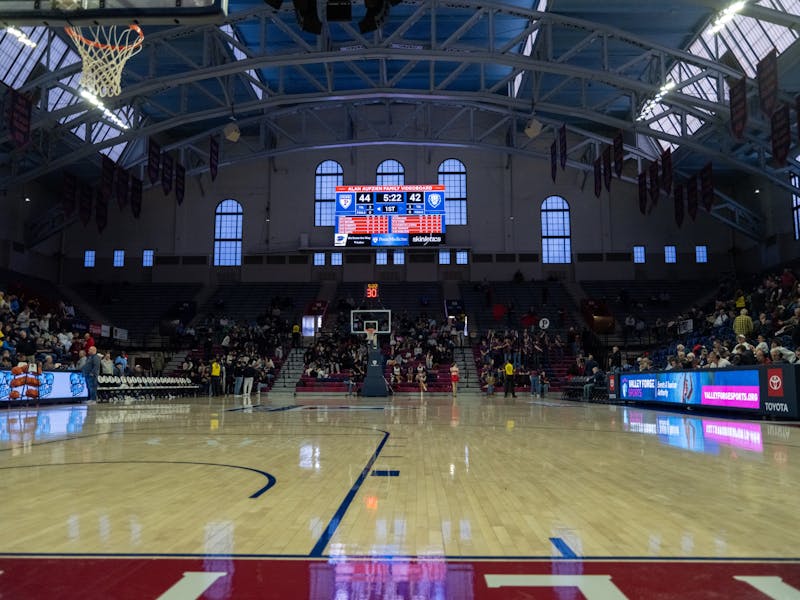As more and more students enter the information age, the University's computer support services are becoming inundated with calls, e-mail and personal visits from flustered users with malfunctioning machines. Fortunately, a new division of Information Systems and Computing has been created to deal with the increasing demand for help. First Call, a telephone help desk, can be reached at 573-4778, or F-I-R-S-T from any campus phone. Students can also e-mail their problems to "help@isc.upenn.edu". The 13 staff members are on duty weekdays from 9 a.m. until 5 p.m. According to First Call Acting Director Mary Griffin, the working hours for the service will be extended to 7 p.m. within a few weeks. Griffin said First Call received 3,400 requests for assistance during the month of September. "We had an e-mail backlog of 100 messages per day last month until we had over 600 messages," she said. "Now, the total backlog is around 200, and we expect it to be eliminated shortly." Griffin said her goal is to answer e-mail help requests within three days of their receipt, and to answer phone questions in less than the six-minute average recorded earlier this month. Another avenue of support is offered through the Computer Resource Center, which is located at 3732 Locust Walk. The seven staff members of CRC provide on-site help on weekdays from 9 a.m. until 4:30 p.m. According to CRC Director Don Montabana, 6,300 students came to CRC in September. "We absolutely need more people on our staff," he said. "There has been an unprecedented increase in help requests this year." Daniel Updegrove, associate vice provost for Information Systems and Computing, encouraged students to consult the computing support services of their school before calling First Call or bringing their computers to CRC. "Support grows out of academic initiatives," he said, explaining that the individual schools know more about course-related software than the centralized ISC. In addition, Updegrove emphasized the need for students to read any documentation which accompanies their hardware or software. "We need to empower users to solve their own problems," he said. "We can't afford a small army of people waiting to answer questions which are answered in the documentation." Other sources of help include the World Wide Web and newsgroups, which can be useful when help is needed after business hours. Griffin emphasized the need for students to use the software and hardware supported by the University. "If you use recommended software and hardware, it will work or we'll help you," she said. But she said if students use unsupported products such as Windows 95 and the beta version of Netscape 2.0, the support services cannot guarantee that they will solve the problem. "We'll give it our best shot," Griffin said.
The Daily Pennsylvanian is an independent, student-run newspaper. Please consider making a donation to support the coverage that shapes the University. Your generosity ensures a future of strong journalism at Penn.
DonatePlease note All comments are eligible for publication in The Daily Pennsylvanian.








